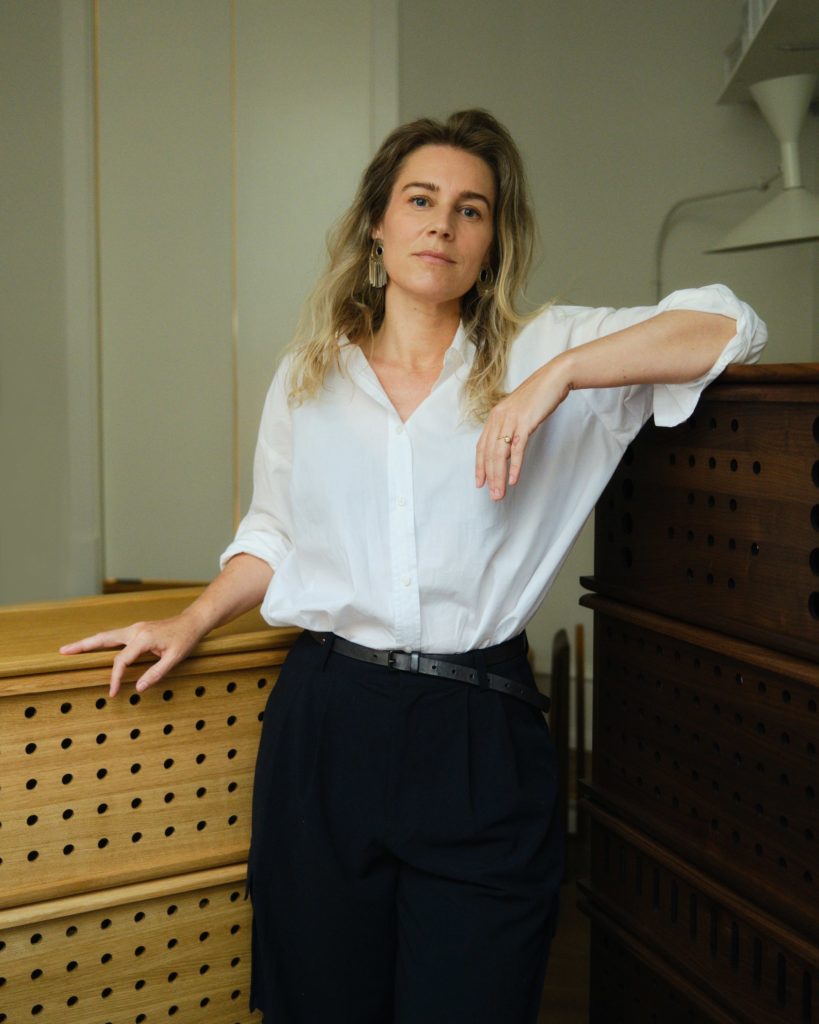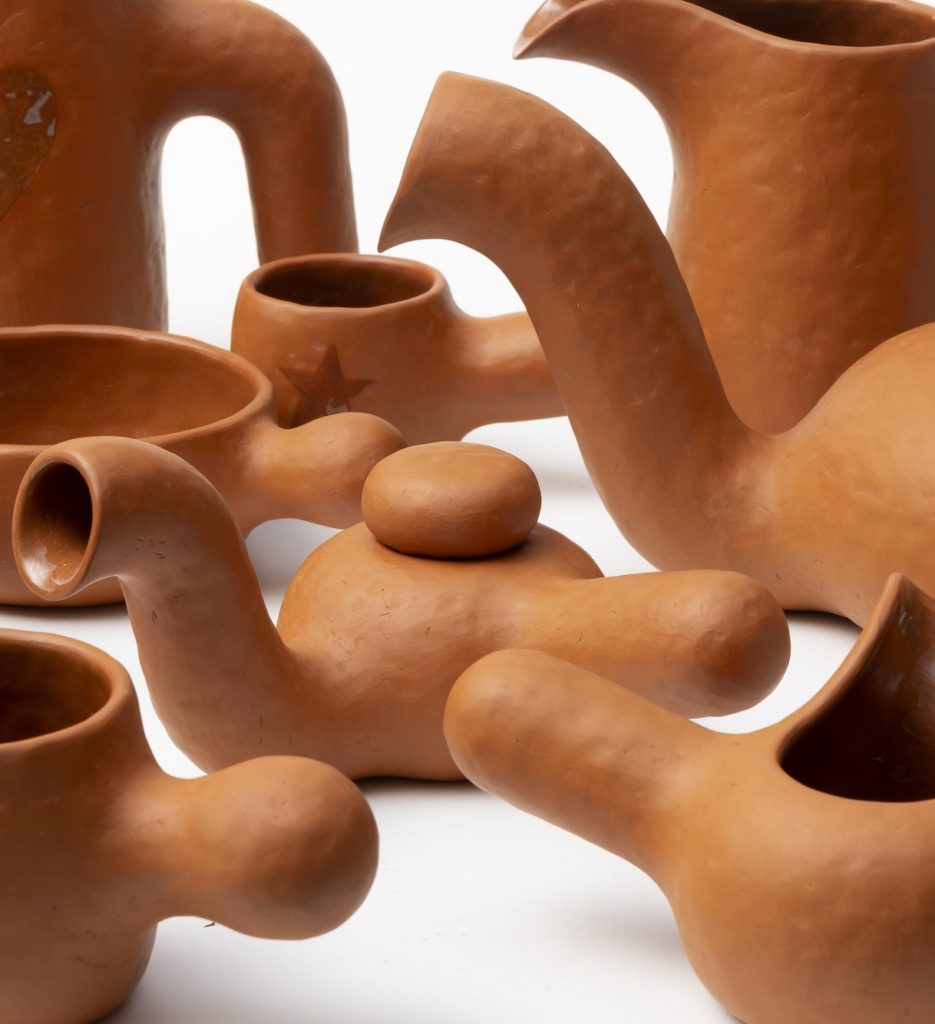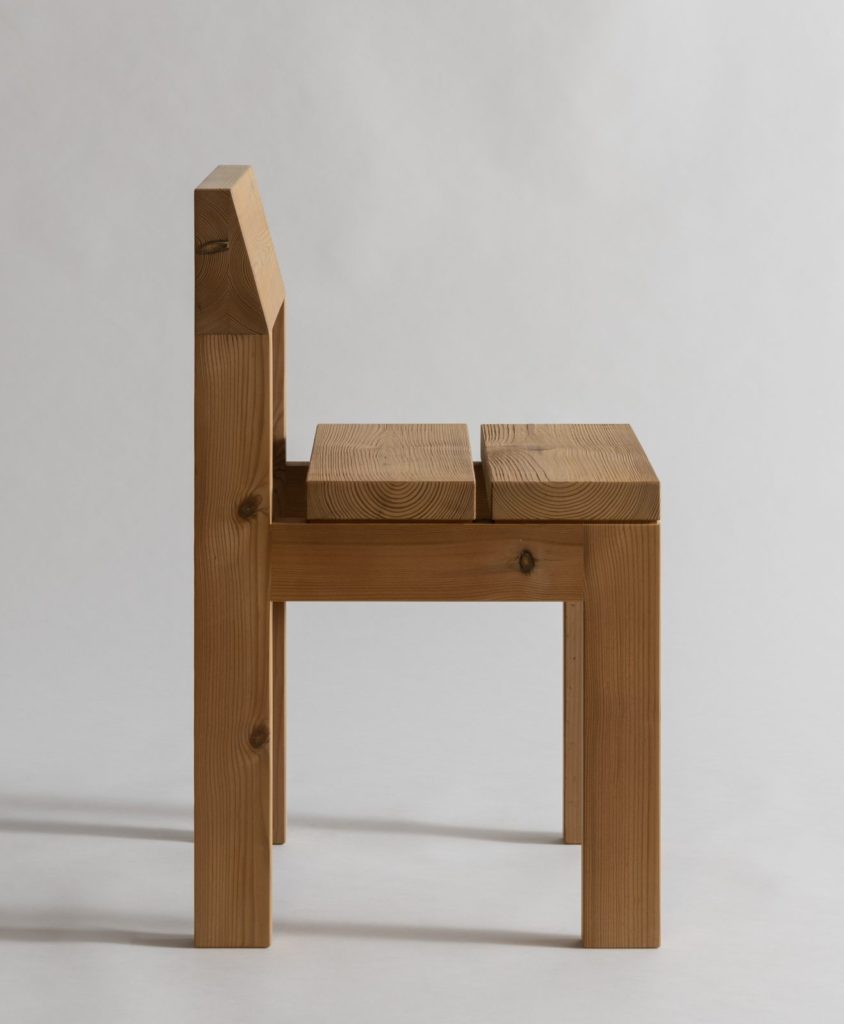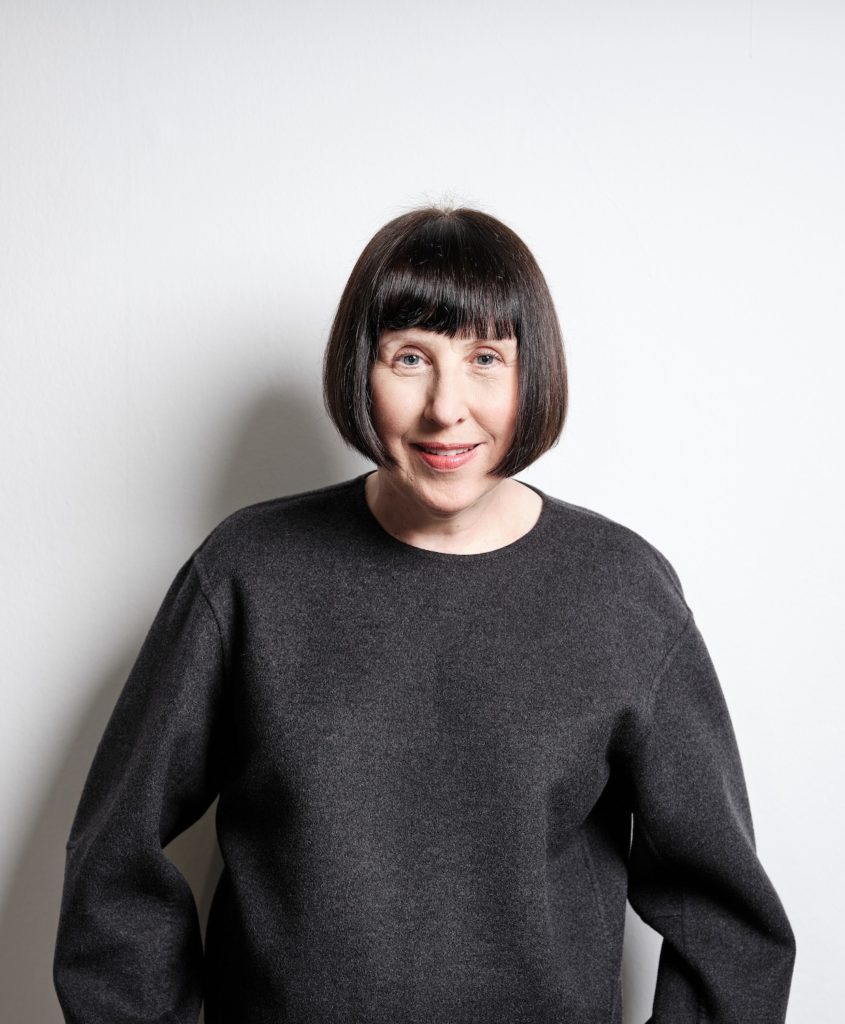Boris Berlin: “We are standing on the shoulders of each other”
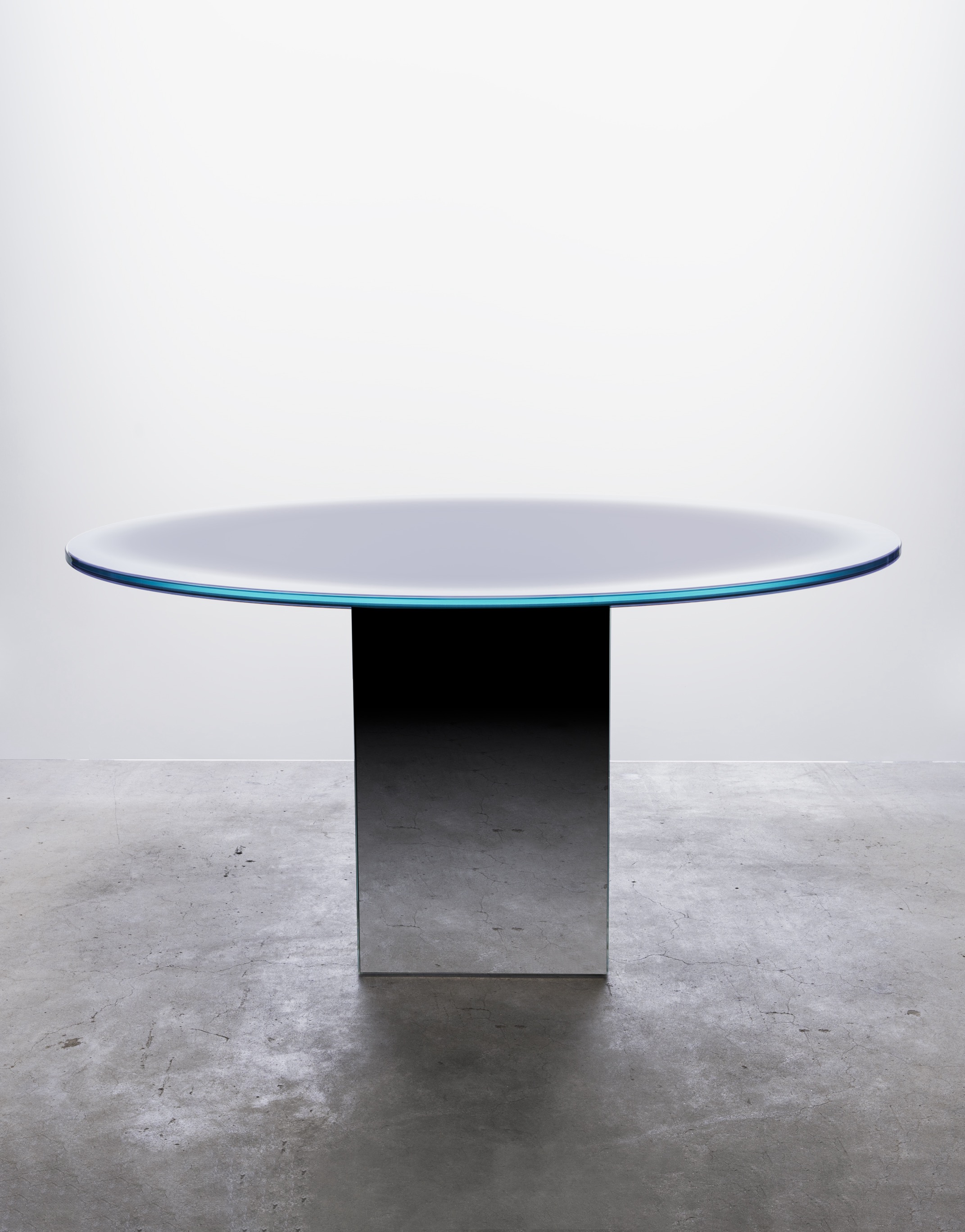
With a career now heading into a fifth decade, it is safe to say that the work of Copenhagen based designer Boris Berlin speaks to his accumulative experiences and knowledge. He approaches his work through the gaze of a sociologist or anthropologist. Shying away from the over-arching design moniker, he prefers to use the term industrial art from his native Russian, or the Danish/Swedish form-giving when describing his practice. His work is intelligent, and on occasion tongue in cheek, referencing historical design elements yet remaining consistently relevant within its contemporary context. Speaking from his studio in Copenhagen’s Nordvest district, it is clear his inquisitive appetite remains stronger than ever.
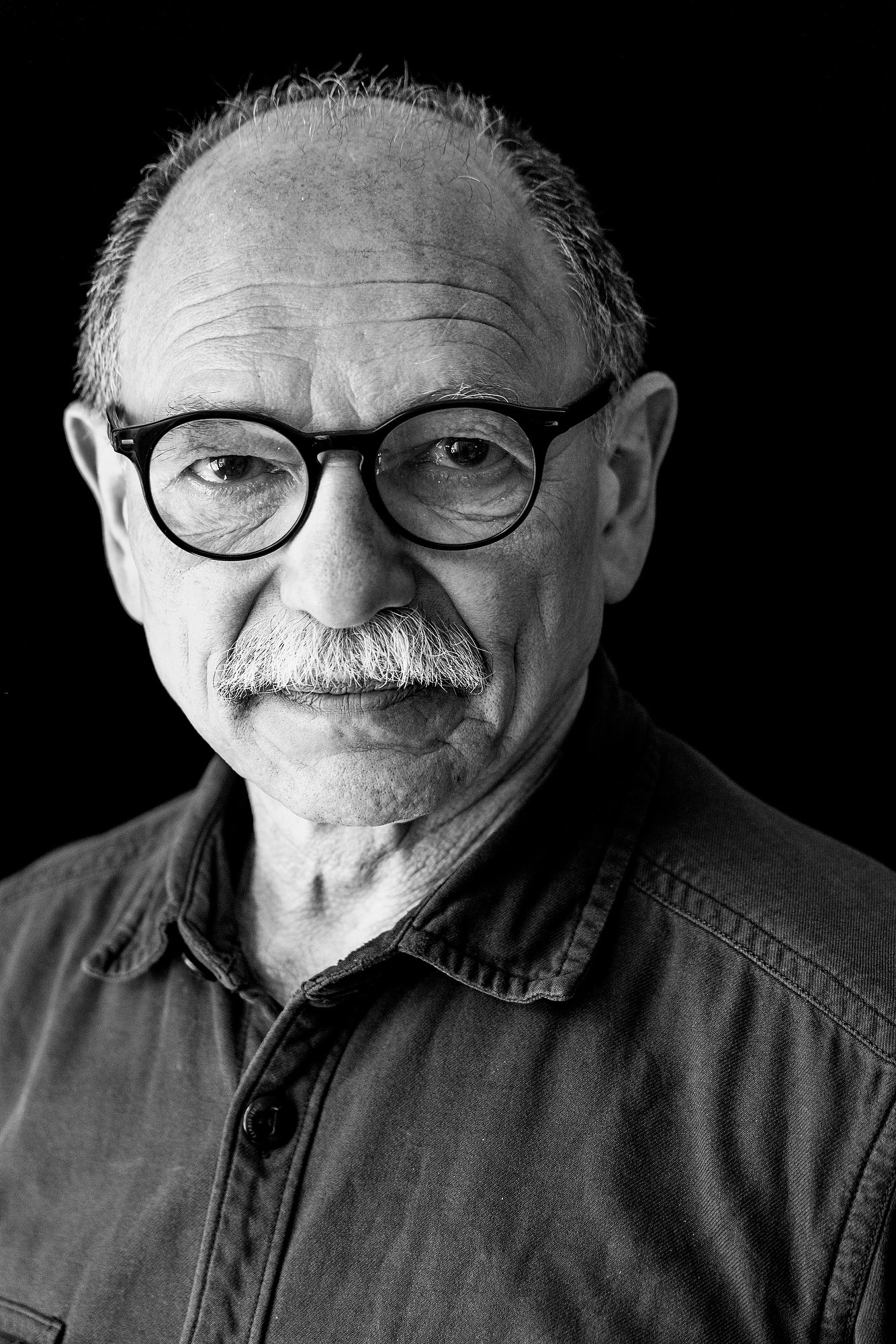
Surrounded by models, prototypes and experiments, I was lucky enough to chat with Boris on the Danish public holiday, Store Bededag (great prayer day). The quiet nature of Boris’ studio was far removed from its usual hustle and bustle, yet allowed for a deeper conversation around how he approaches his work. Considering the religious holiday on which we spoke, it was fitting that the first project we started to delve into was a release set for 3daysofdesign – the KufenKarl collection of seating for young American design brand Collect.Studio. Inspired by church pew seating, whose typology was later sliced up and simplified for the classrooms of Boris’ childhood, KufenKarl instead re-routes and simplifies this original design language to suit the homes and cafes of today. He often works in this manner, re-contextualising existing or historical forms and functions, updating them to better suit contemporary environments – as he explains;
“The way I see it is that you have to be pretty ignorant to imagine that you are inventing anything… we are standing on the shoulders of each other, the only questions is not to press down too much when you are standing on others’ shoulders – you need an up-drift force, lifting it further. It is like a baton that you pass on as you run.”
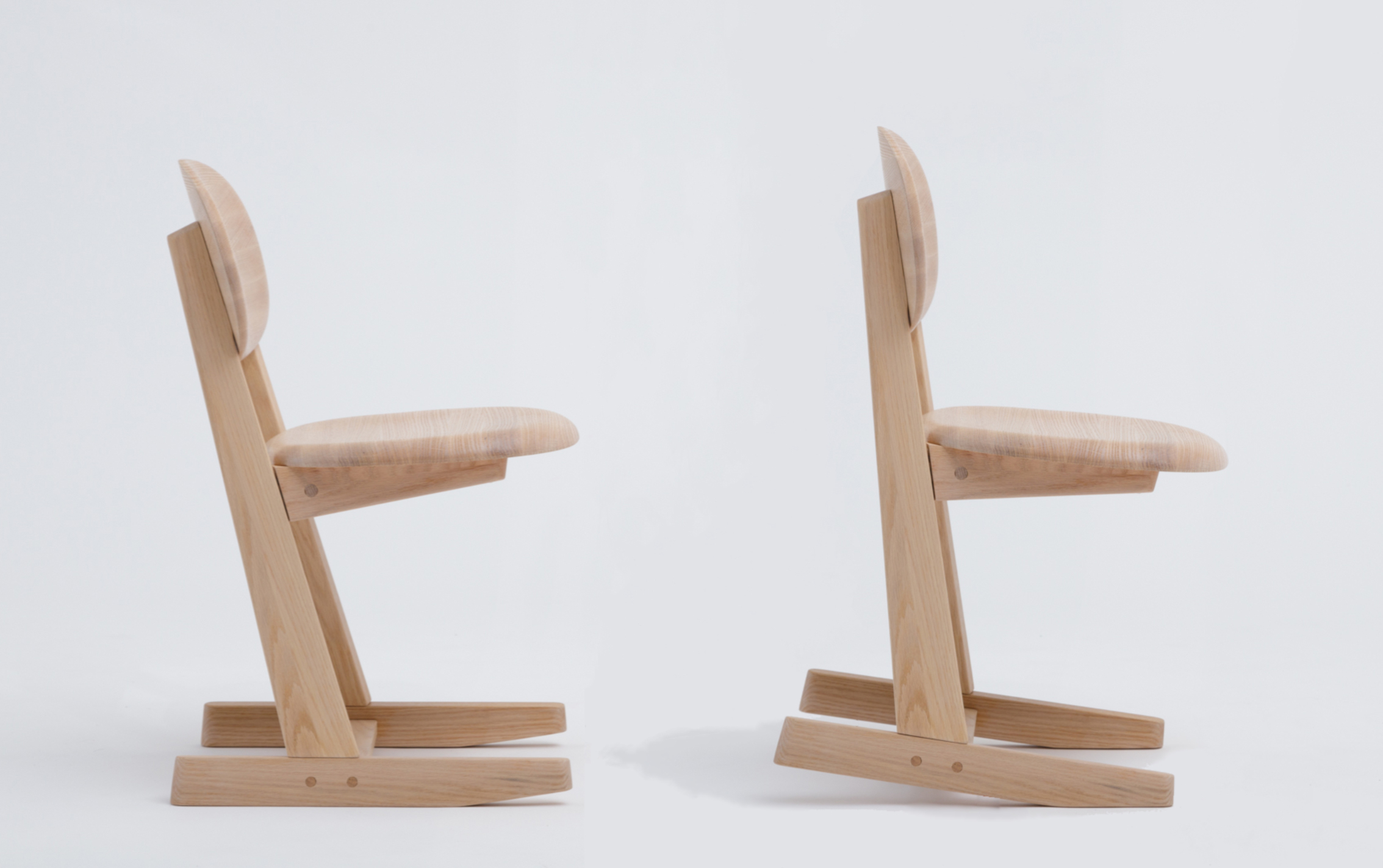
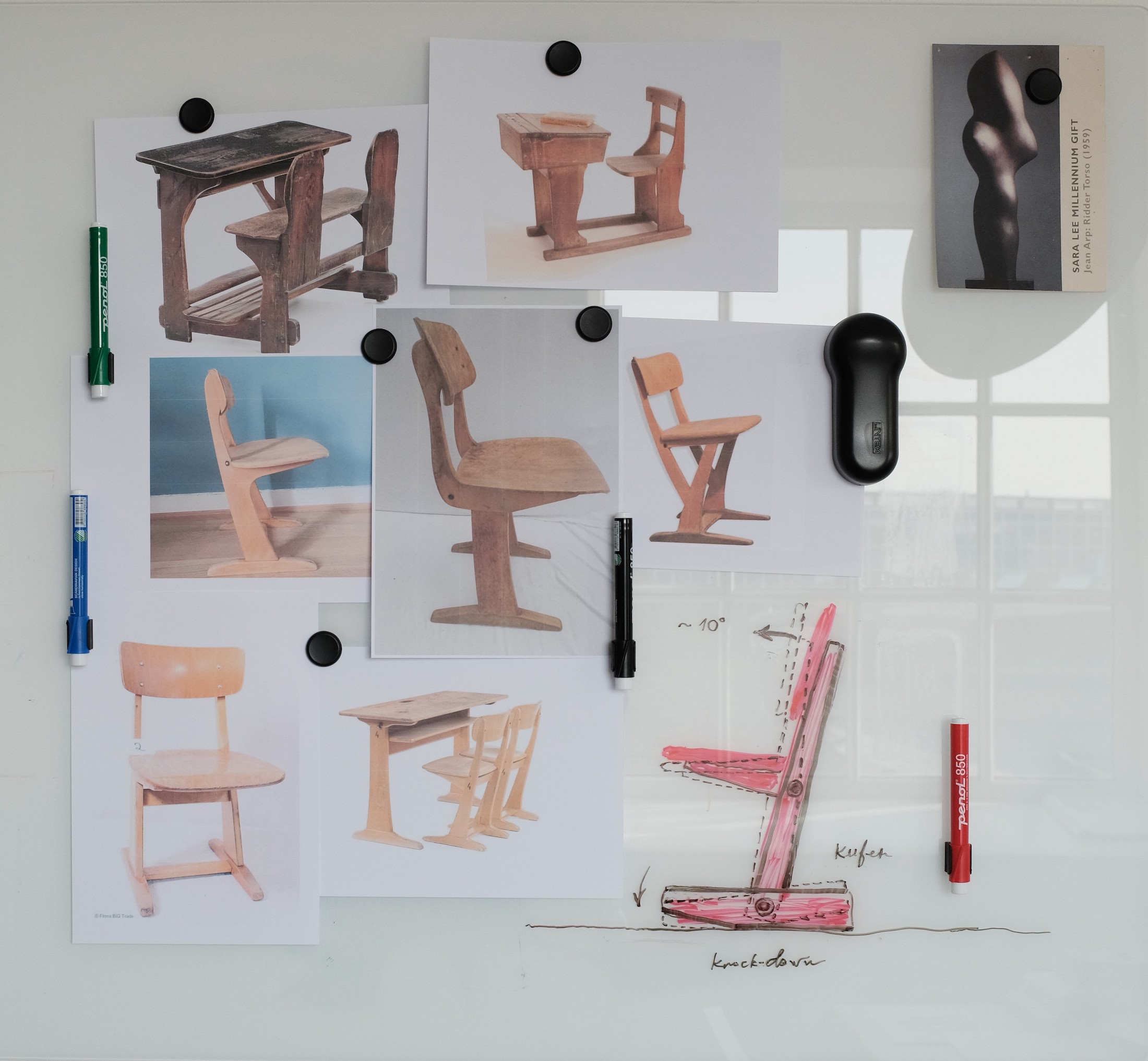
While design language and context are one way in which Boris’ work grabs the proverbial baton and runs with it, materiality and production methods are another way in which his work continues to challenge the status-quo. Designed in 2012 by Komplot; the collaborative studio of Boris and fellow designer Poul Christiansen, DRY chair for Randers & Radius plays with the expectation of materiality within a very simple, almost non-designed seating object. PUR rubber replaces traditional injection moulded plastic, allowing what appears to be a very unforgiving chair the ability to mould to the user’s body – adding an element of surprise along the way. Another example is Fiber for Muuto, designed alongside Aleksej Iskos as Iskos-Berlin. Approached by Muuto to design the companies first injection moulded chair, the duo set about developing a far more contemporary product – creating a wood-fibre composite that provides the product with great texture, whilst improving its environmental credentials. Along with his keen eye for detail, it is this insight into process that has defined his decades long portfolio – yet Boris is quick to remind me that such knowledge is always acquired through conversation;
“My knowledge of materials and production comes from factories – this is where a designer becomes a designer. From communicating with engineers, from their resistance. They will tell you what you have on your piece of paper is impossible, and then from this fight with the engineer, you become a designer.”
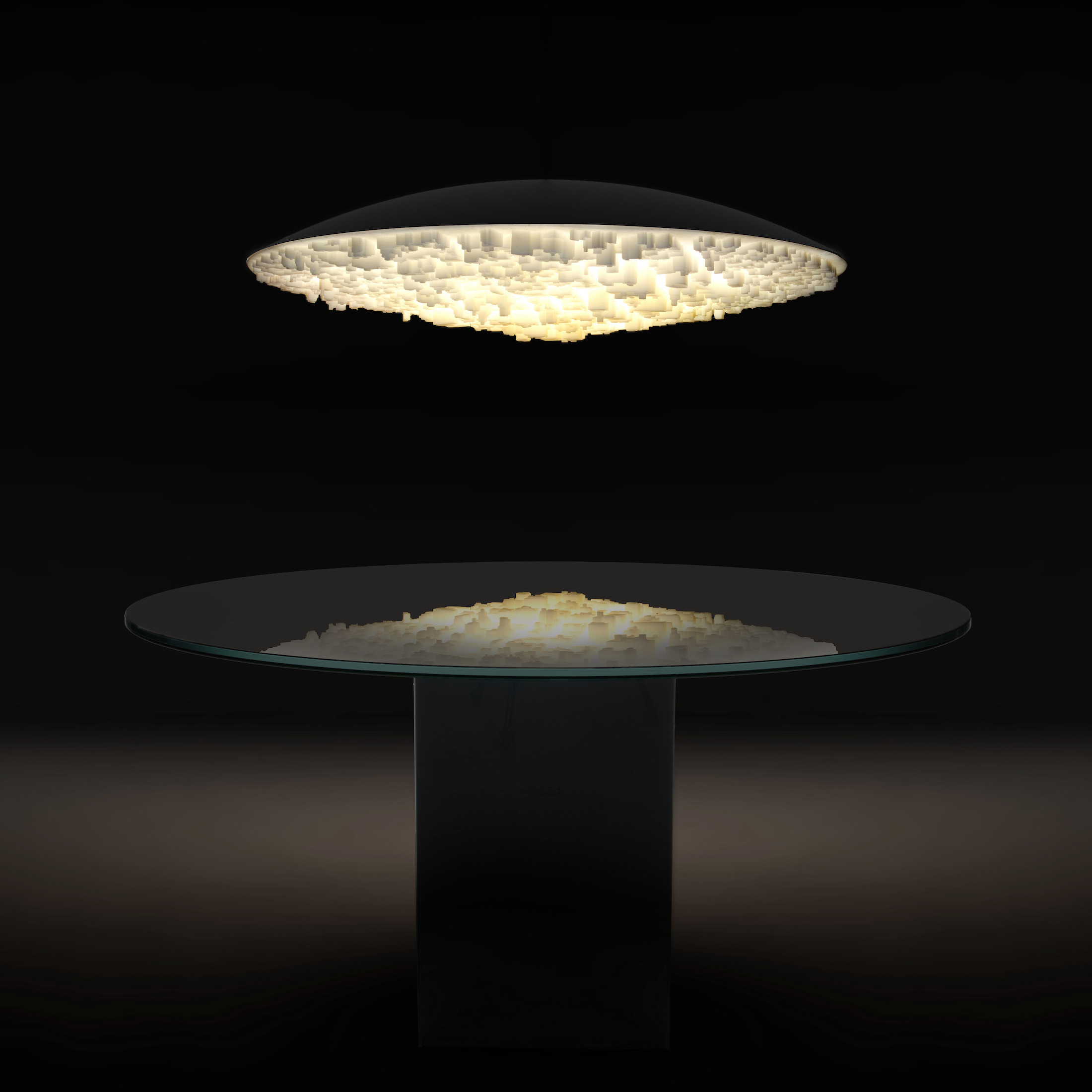
While challenging and learning from industry has formed a strong basis for Boris’ knowledge around production and materials, he often takes the opportunity to initiate projects within his own workshop and through a network of local model-makers, carpenters and artisans. His long-time collaboration with Parisian gallery Maria Wettergren has provided an outlet for these experiments and studies – Boris is currently working on the extension of the Grid collection with a series of Low Grid benches that explore the combination of traditional and cutting edge wood-working techniques. The trust between Boris and Wettergren has even allowed the designer to explore the dynamic of collaboration, working alongside his son, architect Daniel Berlin to produce pieces such as City Light, and with close family friend Germans Ermičs on a series of glass works titled Presence-Absence. While this long-term collaboration with Wettergren runs parallel to Boris’ industrial pieces, he shared his thoughts around the growing emergence of gallery focused design; particularly in Denmark, which has seen a dramatic fall in local mass-manufacturing.
“I think this is one of the reasons why collectible design is so much in the focus today, there are so many designers and not so many manufacturing facilities. This means that designers have to make things themselves in their own cellars – which results in the creation of products that can only be viewed as collectible.”
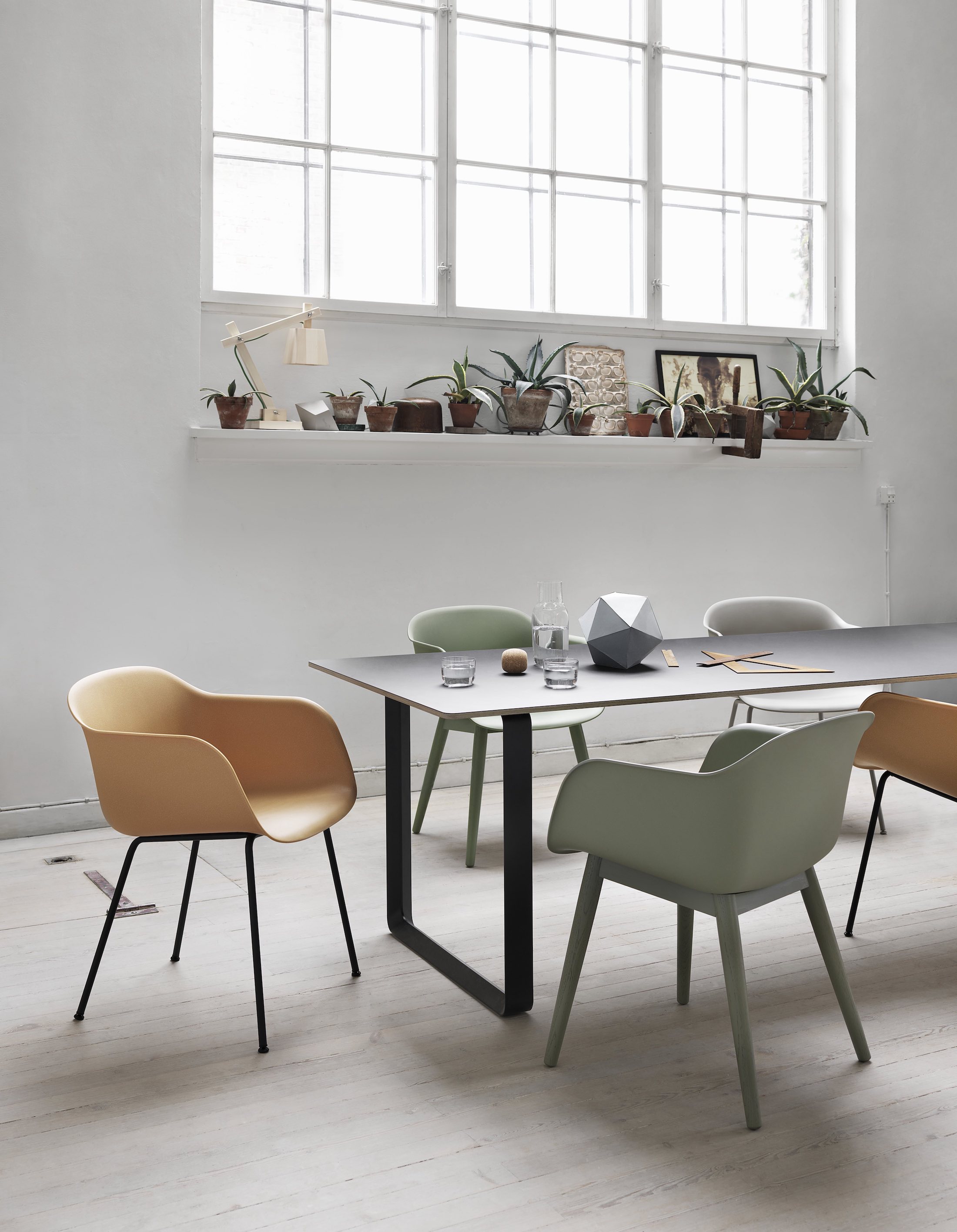
As with many designers who work with industry, Boris was tight lipped about his future projects. The one project he was able to share showcases yet another creative outlet for his studio – exhibition design. Approached by Designmuseum Danmark to propose a display for their collection of tableware, Boris sought about uniting it with the museum’s corresponding collection of tables – recreating a scene reminiscent of a street party, where items have been borrowed from each of your neighbours dining rooms. Housed within a 12m long seamless acrylic box, the project aims to be theatrical, yet at the same time understated and down-to-earth – perhaps that is the perfect way to describe Boris Berlin.
KufenKarl chairs by Boris Berlin Design for Collect.Studio will be presented at 3daysofdesign, 15-17 June at Galerie MøllerWitt, Bredgade 67, Copenhagen K.
